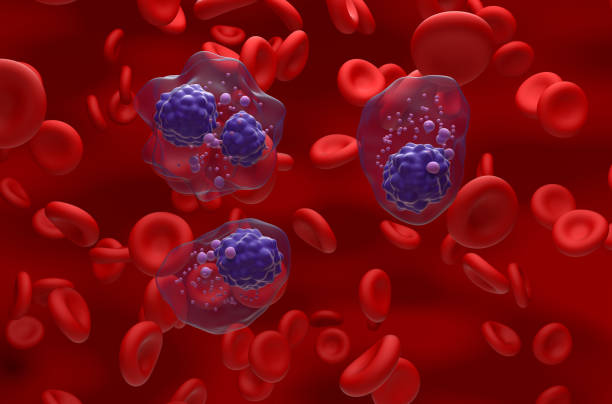Building a Rewarding Career in Nursing and Caregiving
Nursing and caregiving professions are pivotal in healthcare, offering essential support to individuals in need of medical and personal care. These roles are not just jobs but are avenues to make a meaningful impact on people's lives. This guide provides an overview of building a career in nursing and caregiving, highlighting the necessary education, skills, and potential job opportunities. Whether you are considering entering these fields or seeking to advance your career, understanding the nuances of these roles can help you navigate the path to a rewarding professional journey.

Introduction to Nursing and Caregiving Careers
Nursing and caregiving roles play critical roles in healthcare systems, providing direct patient care and support. Nurses often handle medical tasks like administering medication and monitoring patient health, while caregivers provide day-to-day assistance with personal activities such as bathing, dressing, and eating.
Educational Requirements and Certifications
The educational path for nurses varies based on the level of nursing:
- Certified Nursing Assistants (CNAs): Require a state-approved education program and passing a competency exam.
- Licensed Practical Nurses (LPNs)/Licensed Vocational Nurses (LVNs): Require completing a practical nursing program and passing the NCLEX-PN exam.
- Registered Nurses (RNs): Hold at least an associate’s degree in nursing (ADN) or a bachelor’s degree in nursing (BSN) and pass the NCLEX-RN exam.
- Advanced Practice Registered Nurses (APRNs): Require a master’s degree in a specific nursing field.
For caregivers, formal education requirements vary, but most positions require at least a high school diploma and some on-the-job training.
Essential Skills for Success
Success in nursing and caregiving roles requires a combination of hard and soft skills:
- Compassion and Empathy: Understanding and empathy are crucial in providing patient-centered care.
- Communication Skills: Effective communication with patients, families, and healthcare teams is essential.
- Attention to Detail: Precision in administering treatments and monitoring patients is vital.
- Stress Management: The ability to manage stress is important in these often demanding roles.
Exploring Job Opportunities
Nursing and caregiving careers offer a range of employment settings:
- Hospitals and Clinics: Offering diverse experiences in various departments.
- Long-term Care Facilities: Working with elderly or chronically ill patients.
- Home Health Care: Providing in-home care for patients.
- Specialized Facilities: Such as rehabilitation centers or pediatric care units.
Understanding the Challenges
These professions can be emotionally and physically demanding. Long hours, dealing with critical health situations, and emotional labor are common challenges. It’s important to be prepared for these aspects and seek support when needed.
Career Advancement and Specialization
There are numerous pathways for career advancement:
- Specialization: Nurses can specialize in areas like gerontology, pediatrics, or emergency care.
- Higher Education: Pursuing advanced degrees can lead to roles in management, research, or education.
- Certifications: Additional certifications can enhance skills and job prospects.
The Importance of Self-Care and Professional Support
Self-care is crucial for longevity in these careers. Balancing work with personal life, seeking professional counseling when needed, and engaging in stress-relief activities are important for maintaining mental and physical health.
Conclusion
A career in nursing or caregiving can be incredibly fulfilling, offering the chance to make a real difference in people’s lives. With the right education, skills, and approach, these roles can provide a rewarding professional experience. Staying informed about advancements in the field, continuing education, and prioritizing self-care are key to a successful career in nursing and caregiving.






